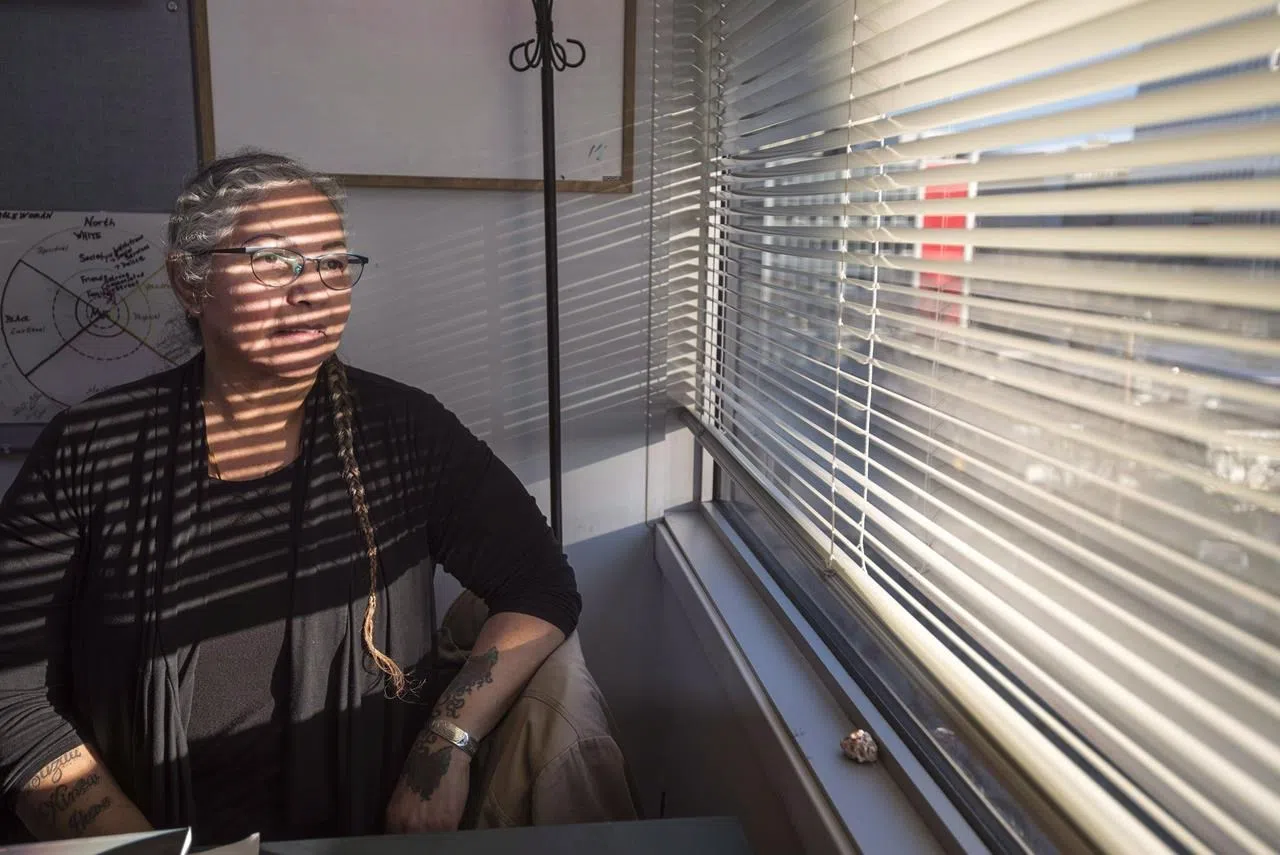
National inquiry urged to hear voices of Indigenous women in prison
OTTAWA — A former sex worker who spent time in jail is urging the national inquiry into missing and murdered Indigenous women and girls to interview other Aboriginal women who are languishing behind bars to hear their insights.
Sharon Acoose was a victim of childhood abuse — and she believes the majority of Indigenous women who end up in provincial jails or federal prisons have also endured emotional, physical and sexual violence, and can offer a perspective vital to the work of the inquiry.
“They need to hear the stories,” Acoose said in an interview. “They need to hear the heartbreak.”
Acoose suffered her own heartbreak as a victim of childhood molestation: beginning at age 3, she was abused by three now-dead uncles — an experience she said set in motion the circumstances that led to her involvement in sex work, drugs, alcohol and crime.
